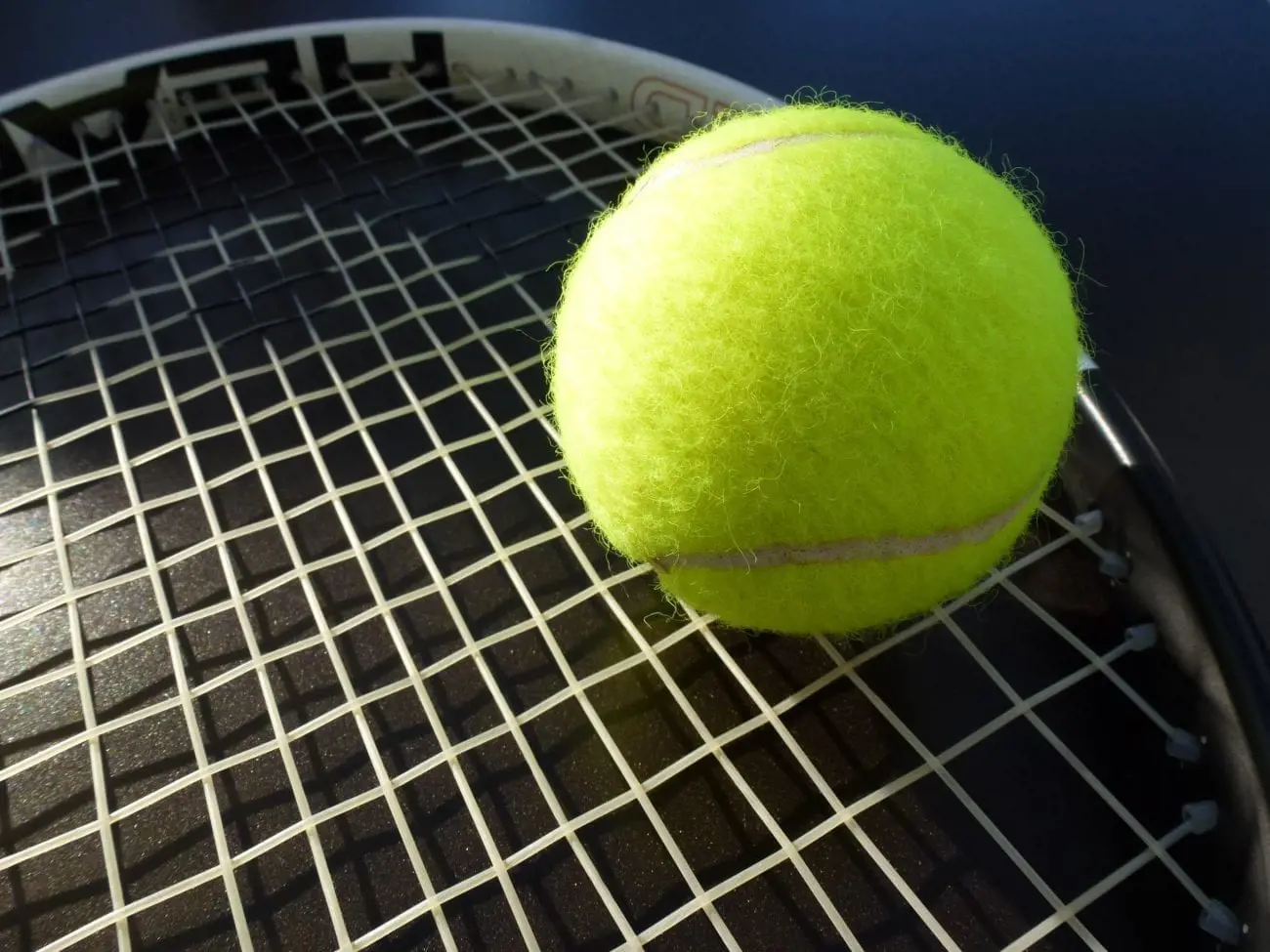Chilean tennis player fails in appeal against lifetime match-fixing ban
Former Chilean professional tennis player Mauricio Alvarez-Guzman has had his appeal against a lifetime ban for match-fixing and corruption dismissed by the Court of Arbitration for Sport (CAS).

The International Tennis Integrity Agency (ITIA), formerly known as the Tennis Integrity Unit (TIU), issued the ban in March 2019 after ruling Alvarez-Guzman’s actions breached the sport’s Tennis Anti-Corruption Program (TACP).
The player was found to have attempted to manipulate the outcome of an ATP Challenger match in Meerbusch, Germany, in August 2016 by offering a player €1,000 (£885.69/$1,214) to lose a set.
Alvarez-Guzman was also found guilty of contriving the singles draw of the 2016 ITF F27 Futures tournament by purchasing a wild card for entry into the singles competition.
At the time, the TIU said Alvarez-Guzman also intended to purchase a wild card for the doubles competition of the same event, and while this did not come to fruition, it still stood as a corruption offence.
Passing ruling on the case, independent anti-corruption hearing officer Charles Hollander found Alvarez-Guzman in breach of thee sections of the TACP.
These were Section D.1.d, which states that "no covered person shall, either directly or indirectly, contrive or attempt to contrive the outcome or any other aspect of an event".
Section D.1.e relates to someone soliciting or facilitating a player to not use his or her best efforts in an event, while Section D.1.g covers the offering of any money, benefit or consideration to negatively influence a player’s best efforts.
As a result, Alvarez-Guzman was issued with a lifetime ban, which, effective from 14 March 2019, meant he was permanently excluded from competing in or attending any event organised or sanctioned by the sport’s governing bodies.
Alvarez-Guzman, who reached a career-high ATP singles ranking of 1,050 and had a doubles ranking-high of 672, appealed to the CAS to overturn the decision.
However, the CAS dismissed the appeal, saying the original sanction of a lifetime ban remains unchanged and in place.
The ruling comes after the ITIA earlier this month banned players from Egypt, Slovakia and Uzbekistan for offences related to sports betting and match-fixing.
Egypt’s Mostafa Hatem was banned for three years, with one year suspended, Temur Ismailov from Uzbekistan was handed a seven-year ban, with two years suspended, and Slovakia’s Dagmara Baskova a 12-year ban.